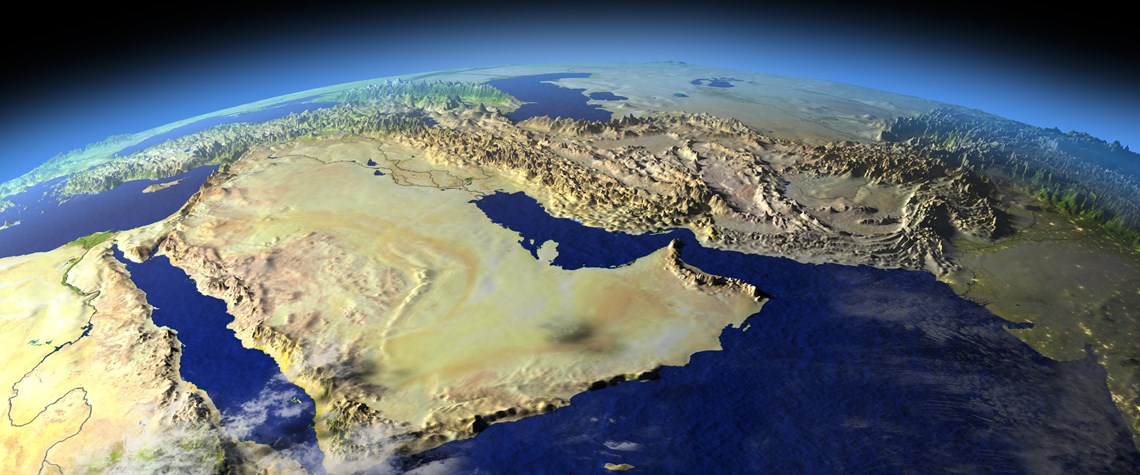Troubled waters in the Gulf
The Qatar crisis has ensured that the region can no longer boast being an oasis of tranquillity
These are, to put it mildly, unsettling days for the Arab Gulf states. The Qatar crisis demonstrates dramatically what they had perhaps been unwilling to accept before: the comfort blanket of solid and enduring political stability has been removed. After decades of quiet oil-funded prosperity and back-seat regional politics, the six states of the Gulf Cooperation Council (Bahrain, Kuwait, Oman, Qatar, Saudi Arabia and the United Arab Emirates) face a maelstrom of challenges. Even before the Qatar controversy erupted, the population of the Gulf was witnessing a radical change in leadership styles—at least in two of the key GCC states, Saudi Arabia and the UAE. Two charismatic and ambitious le

Also in this section
3 May 2024
Upcoming elections are likely to deliver a win for the party of president Andres Lopez Obrador, but analysts differ over to what degree his successor will stick to his energy policies
2 May 2024
Faster-than-expected economic growth fails to mask macro imbalances and shifting structural oil product trends
1 May 2024
Energean CEO Mathios Rigas looks to results of critical Anchois appraisal well
30 April 2024
While its regional neighbours reap the rewards of oil and gas success, Iraq’s hydrocarbons sector is lagging behind







